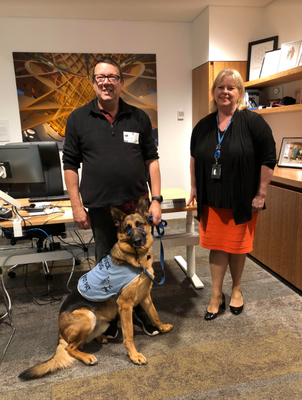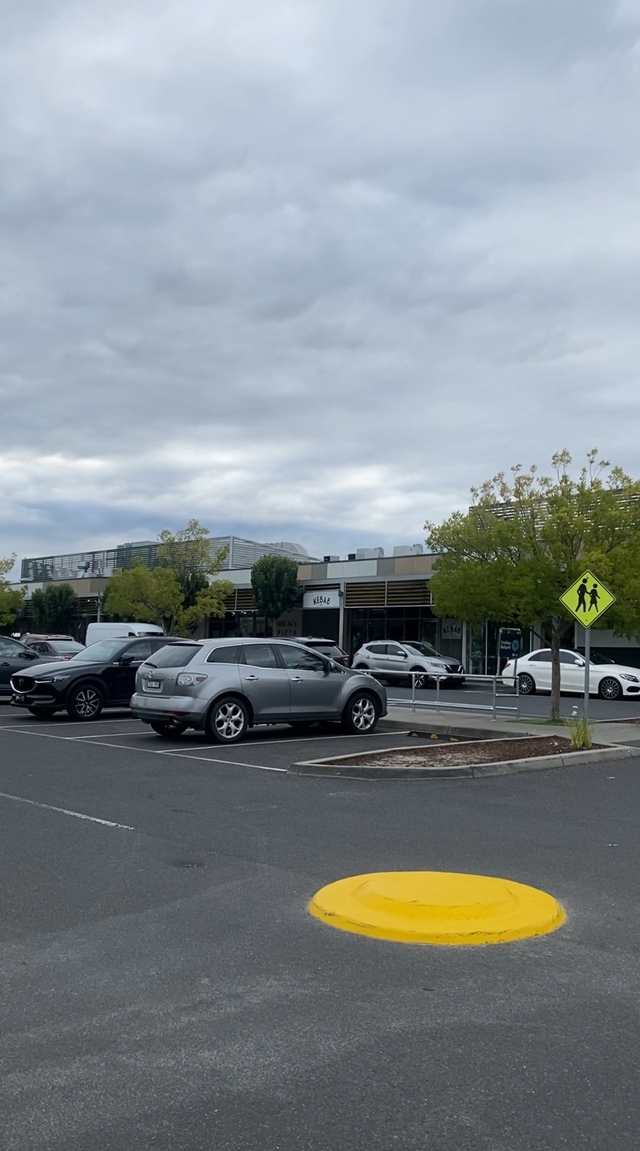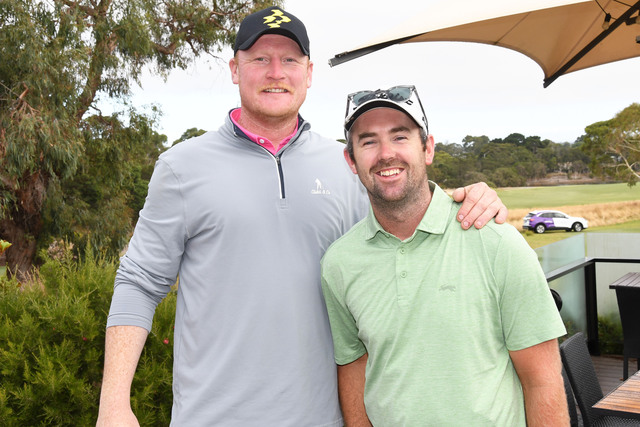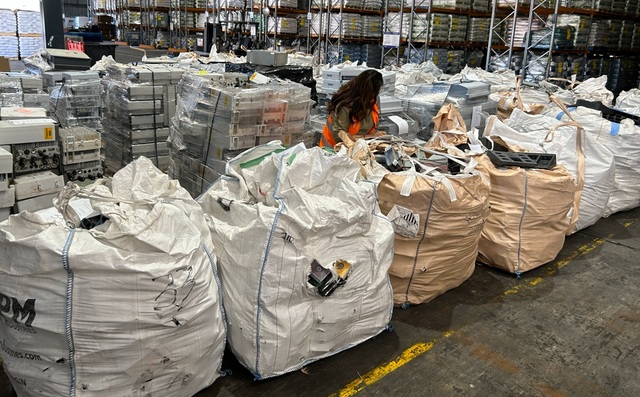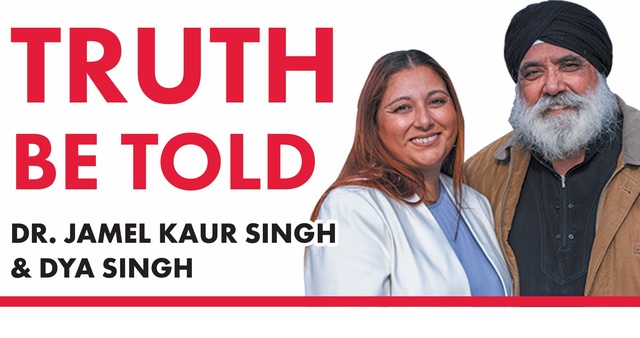A Casey councillor wants Victorian law regarding assistance dogs to be in line with other states.
Mayfield Ward councillor Amanda Stapledon and staunch advocate of disability equality, says there are many “inconsistencies and gaps” with the laws relating to assistance animals in Victoria, particularly around training, education and accountability.
At council’s 7 November meeting, Cr Stapledon referred to the Victorian Law Reform Commission’s 2008 final report into assistance animals which found “many problems” with the laws relating to assistance animals in Victoria.
Currently, there are no uniform training standards for assistance animals in Victoria and people who train assistance animals are not legally required to have any qualifications or experience, leaving people with disability may be “subject to humiliating questioning about the nature of their disability,” the report found.
People may also be denied access to places, goods and services to which they have a “legal right,” it added.
Cr Stapledon successfully raised a notice of motion at the council meeting for council to advocate to the State Government and local members of Parliament calling for an ‘Assistance Animals Act’ to be passed.
According to Assistance Dogs Australia CEO Richard Lord, the states were reliant on the Disability Discrimination Act which “allows any dog to be an assistance dog … which is detrimental to real assistance dog and people with disabilities”.
“Unfortunately there are fake assistance dogs and poorly trained assistance dogs which cause havoc,” he said.
“We get this complaint all the time.
“The state legislation should be ensuring that only suitable dogs are being accredited through suitable organisations”.
A Guide Dogs Victoria spokesperson said within Australia, recent changes to the ACT Animal Welfare Act has resulted in a working group being formed to consider regulation and registration of Guide, Assistance and Service Dogs.
“While there was a difference in the law across Australian states on access rights for Guide Dog and Assistance Dog pups and dogs in training, all state-based legislation and the Commonwealth Disability Discrimination Act gave Guide Dog handlers working with their Guide Dog the right to access all public spaces and businesses including shops, restaurants, accommodation and all modes of transport including rideshare services.
“Working Guide Dogs are easily recognised within the community by their iconic harness, the wearing of their medallion as issued by their training organisation which is accredited under the International Guide Dog Federation and the carriage of a Guide Dog ID card by the Handler,” the spokesperson said.
“Internationally, and in Australia, it is recognised that clear ID is beneficial in removing ambiguity around access rights for service and assistance dogs. The International Guide Dog Federation and Assistance Dogs International are undertaking work in this area.”

